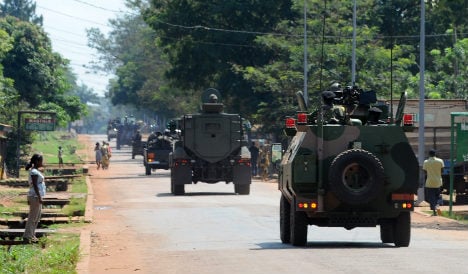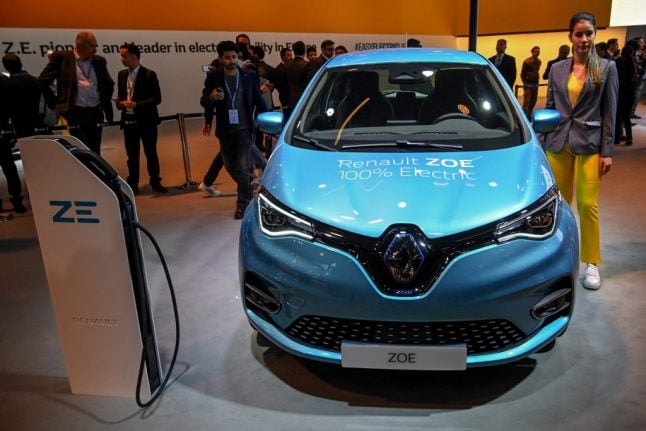Two French soldiers were killed in the Central African Republic, the Elysée Palace confirmed on Tuesday. French troops have been sent into the restive country to disarm rebels and bring an end to the sectarian violence, which has plunged the country into chaos.
According to reports in the French media the two soldiers were killed in the capital Bangui on Monday. Europe1 radio claimsthe two soldiers werefatally wounded on Monday evening in an exchange of gunfire with rebels who they were trying to disarm. The two soldiers are the first French troops to be killed in Central African Republic since the start of operation "Sangaris".
"With much sadness, the president learned of the deaths in combat of two French soldiers last night in Bangui," the Elysee said in a statement. "They lost their lives to save many others.
"The president expresses his profound respect for the sacrifice of these two soldiers and renews his full confidence in the French forces committed – alongside African forces — to restoring security in the Central African Republic, to protecting the people and guaranteeing access to humanitarian aid."
France has deployed 1,600 soldiers to its notoriously unstable former colony, a resource-rich but impoverished majority Christian nation that was plunged into chaos after the mainly Muslim Seleka rebels seized power in a March coup.
What started as rebel looting of villages and towns has degenerated into attacks between Muslim and Christian militias with senior UN, US and French officials warning of a risk of genocide if the violence went unchecked.
The French troops are part of a UN-mandated effort to restore order, with the African Union also due to beef up an existing peacekeeping mission to 6,000 men.
French President François Hollande is due to fly to war-torn Central African Republic on Tuesday, the Elysée palace revealed earlier. Hollande will head to CAR after attending Nelson Mandela's memorial service.
The president will stop in Bangui when he leaves South Africa tonight" after attending a memorial ceremony for Nelson Mandela, a source with the French presidency told AFP on condition of anonymity shortly before Hollande was due to arrive in Johannesburg.





 Please whitelist us to continue reading.
Please whitelist us to continue reading.
Member comments